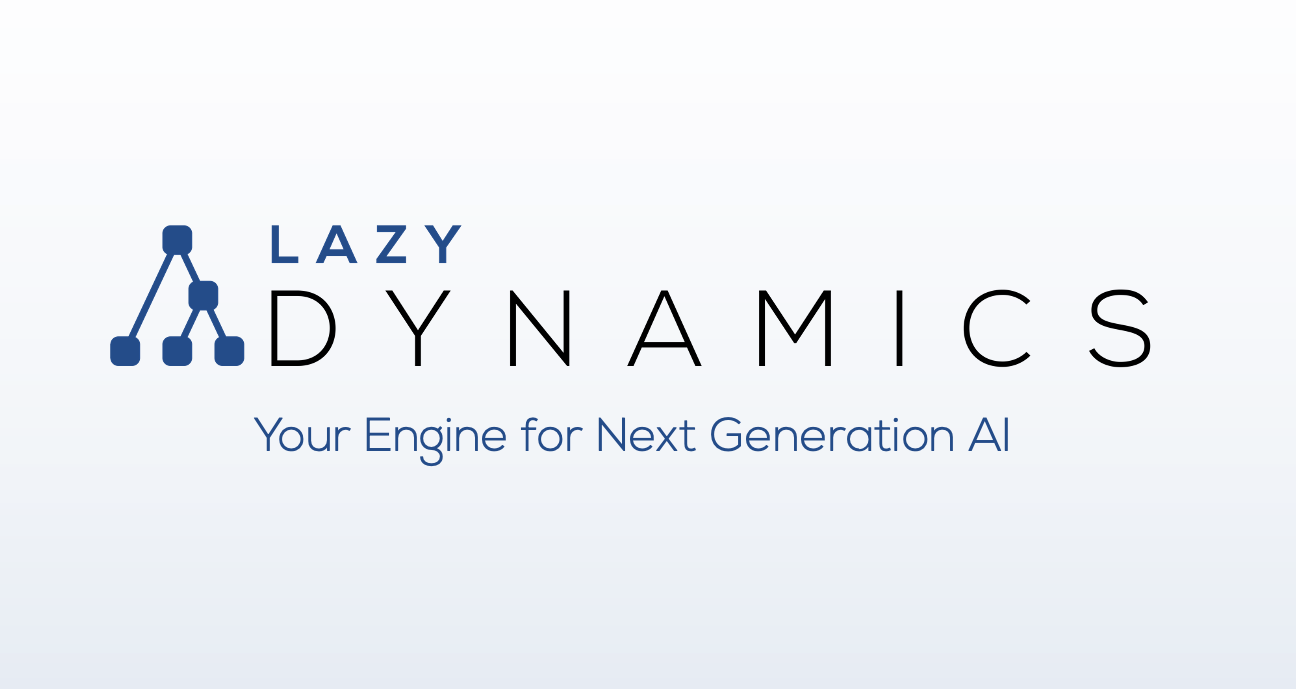Pioneering the Future of Autonomous Agent Development
Lazy Dynamics envisions a future where the development of intelligent agents is accessible to all. These agents are adaptive and capable of handling uncertain and dynamic environments. This vision extends to developers and businesses of all sizes.
Our mission is to democratize the field of autonomous agent development by breaking down the barriers of complexity and cost that have hindered innovation. To that end, Lazy Dynamics is developing RxInfer-Pro: an MLOps platform that combines nature’s self-organizing principles with reactive programming to empower creators to tackle challenging AI problems with ease and speed.
Lazy Dynamics is partnering with teams willing to integrate cutting-edge AI agents that excel in uncertain environments. To facilitate this, RxInfer-Pro features an intuitive, modular architecture that enables developers to quickly test new ideas, seamlessly integrate existing models, and iterate at unprecedented speeds.
In this way, Lazy Dynamics aims to reshape the AI development ecosystem by reducing time-to-market for AI-powered products and freeing developers from complex coding challenges.
Below, you can find the concept of the MLOps platform.
Lazy Dynamics Vision

Technical Literature
- Ismail Senoz, Thijs van de Laar, Dmitry Bagaev and Bert de Vries
‘Variational Message Passing and Local Constraint Manipulation in Factor Graphs’
Entropy 2021
https://doi.org/10.3390/e23070807 - Dmitry Bagaev and Bert de Vries
‘Reactive Message Passing for Scalable Bayesian Inference’
Scientific Programming 2023
https://doi.org/10.1155/2023/6601690 - Bert de Vries
‘Toward Design of Synthetic Active Inference Agents by Mere Mortals’
4th International Workshop on Active Inference, Ghent (BE) 2023
(https://arxiv.org/abs/2307.14145 )